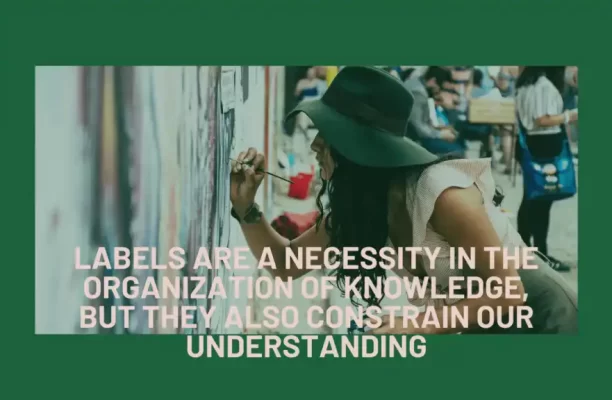Wide range of career options-
The US offers an eclectic mix of of higher education options compared to any other country in the world. It caters to a wide range of opportunities. The most popular areas of interest in higher studies is STEM, progressively moving to STEAM integrating Arts like Design Thinking and Engineering and STREAM integrating Reading. This study is followed by Business management like Integrated innovations in products and services. Apart from these areas there are other popular areas like International Politics, International Law, Political Science
Psychology, International Relations, Health Sciences are just a few examples.
Flexibility in the learning process-
Flexibility in the learning system adds on a great value when it comes to identifying passion with precision. Again, the inter-state or intra-state geographical mobility is feasible after two years for undergraduate courses within the same faculty. Most institutions accept credits from other universities to the same course. So a student is not required to complete all four years of study in the same college to finish a degree. This flexibility also opens up doors gives to transfer credits to a higher ranked university.
Extensive research opportunities-
Thanks to the intense research mindedness and huge university funding for research, there is an excellent networking of experts in each domain. Those who have international living or work experience and are multilingual will have a huge advantage over other people in the job market. The United States leads in many areas of technology and research, also benefitting from generous funding and offering support to international PhD students.
At universities like MIT or Yale or Georgia Tech or Colorado Denver or for that matter the Washington State University, students can join or initiate research projects for academic credit pay, and their work is often published, leads to patent applications, or contributes to ambitious start-up companies. The areas of research include black hole studies, neuroscience and mindfulness, artificial intelligence, genetic mutation, ecological sustainability and so on.
International-mindedness-
Also, there is a flavour of diversity in US culture which accommodates multiracial society absorbing multiracial society absorbing new immigrants. A student can easily overcome the cultural shock and inculcate the spirit of international mindedness.
One of the main reasons why students prefer to take up higher studies in the United States is the country’s reputation for renowned higher education programs. Approximately fifty percent of the world’s top 50 universities are located here, for the small teacher- student ratio, engaging campus life, highly acclaimed professors for their expertise, real-life experience in research and industry, who work on the axis of culture neutrality and advanced technology integrated with learning.
Set you apart-
Completing a degree from one of the world’s best colleges or universities will distinguish a student with respect to trans-disciplinary knowledge constructed and moreover, the real life application of it.
The surge in the number of international admissions-
The Institute of International Education (IIE) and the U.S. Department of State’s Bureau of Educational and Cultural Affairs, highlights the continued competitiveness of the U.S. higher education sector as a destination of choice for international students and the growing interest in international educational exchange among U.S. students. International students make up close to 6 % of the total U.S. higher education population. According to data from the U.S. Department of Commerce, international students contributed approximately 50 billion to the U.S. economy.
The number of Indian students in the US has increased by around 3 per cent over the previous year to 202,014, according to the 2019 Open Doors Report on International Educational Exchange (IIE), published on Nov 19, 2019.
Scholarships awarded for a holistic profile-
The Bureau of Educational and Cultural Affairs (ECA) builds relations between the people of the United States and the people of other countries through academic, cultural, sports, professional and private exchanges, as well as public-private partnerships and mentoring programs. These exchange programs improve foreign relations and strengthen the national security of the United States, support U.S. international leadership, and provide a broad range of domestic benefits by helping break down barriers that often divide us. ECA sponsors the flagship Fulbright Program, the Benjamin A. Gilman Scholarships for U.S. undergraduates with financial need, the Critical Language Scholarship Program in support of U.S. foreign language study abroad, and the EducationUSA network of over 400 advising centres worldwide, which provides information to students around the globe who wish to study in the United States.
EducationUSA is a U.S. Department of State network of over 430 international student advising centres in more than 170 countries and territories. The robust connectivity promotes U.S. higher education to students around the world by offering accurate, comprehensive, and updated information about opportunities to study at accredited postsecondary institutions in the United States. EducationUSA also provides services to the U.S. higher education community to help institutional leaders meet their placement and campus internationalization goals
IB ESS Assessment-External (EA) and Internal (IA)
External assessment has two papers and constitute 75% of the total score. Paper 1 comprises of 40 marks with a 25% weightage and duration of 1 hour. Paper 2 comprises of 2 hours with a 50% weightage and duration of 2 hours.
Internal Assessment in IB ESS is dealt for 10 instruction hours and counts for 25% of the total score.







